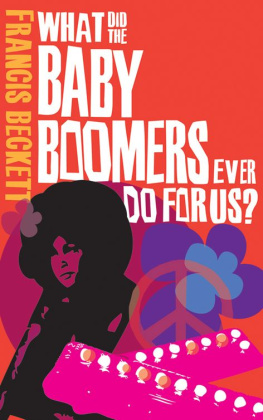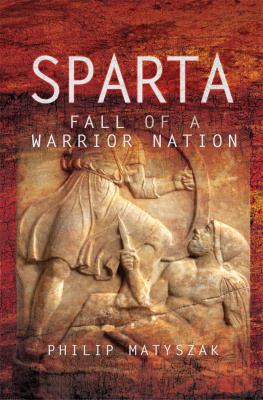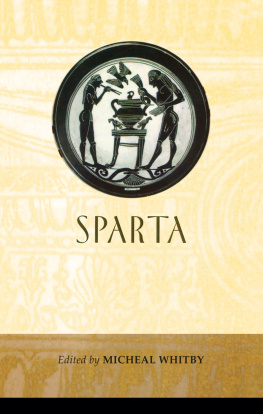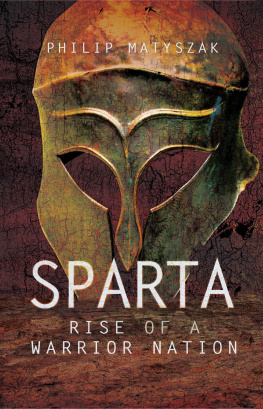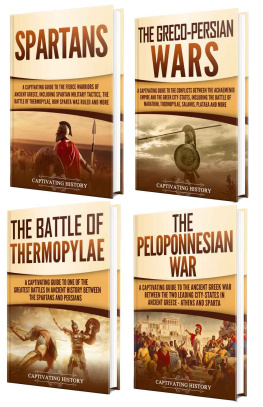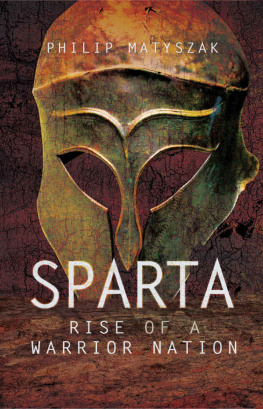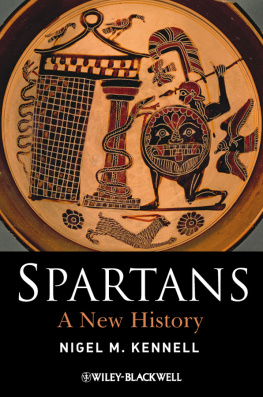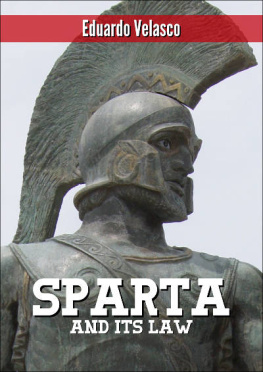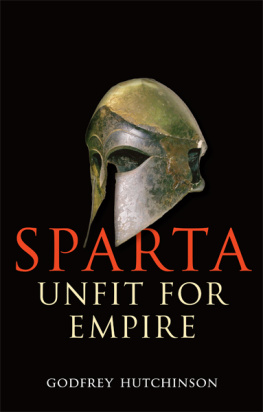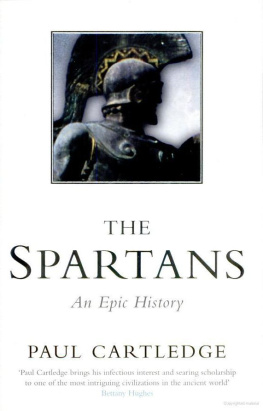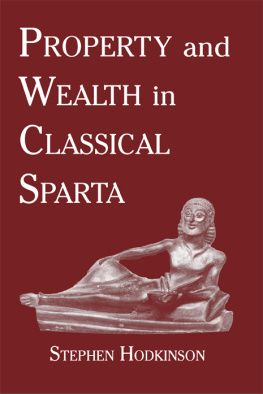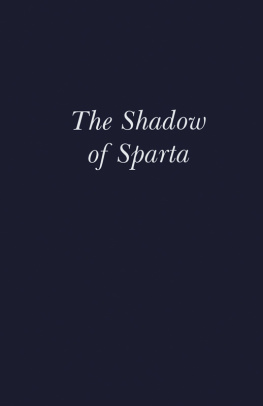Copyright 2016 - All rights reserved.
In no way is it legal to reproduce, duplicate, or transmit any part of this document in either electronic means or in printed format. Recording of this publication is strictly prohibited and any storage of this document is not allowed unless with written permission from the publisher. All rights reserved.
The information provided herein is stated to be truthful and consistent, in that any liability, in terms of inattention or otherwise, by any usage or abuse of any policies, processes, or directions contained within is the solitary and utter responsibility of the recipient reader. Under no circumstances will any legal responsibility or blame be held against the publisher for any reparation, damages, or monetary loss due to the information herein, either directly or indirectly.
Respective authors own all copyrights not held by the publisher.
This book is copyright protected. This is only for personal use. You cannot amend, distribute, sell, use, quote or paraphrase any part or the content within this book without the consent of the author or copyright owner. Legal action will be pursued if this is breached.
Please note the information contained within this document is for educational and entertainment purposes only. Every attempt has been made to provide accurate, up to date and reliable complete information. No warranties of any kind are expressed or implied. Readers acknowledge that the author is not engaging in the rendering of legal, financial, medical or professional advice.
By reading this document, the reader agrees that under no circumstances are we responsible for any losses, direct or indirect, which are incurred as a result of the use of information contained within this document, including, but not limited to, errors, omissions, or inaccuracies.
Introduction
The ancient capital of the Laconia region in the southeast Peloponnese in modern day Greece, Sparta has enjoyed a reputation as one of the fiercest, strongest military powers in the ancient world. Ruling between the 6th to 2nd centuries BCE, today Sparta is associated with strength, military might and dedication.
Accounts claim that Sparta was founded during the 9th century BCE with a strict oligarchic constitution and remained under the rule of two kings at who interceded during periods of war. When the state was not at war, the people were ruled by a Senate consisting of 30 people. Between the 8th and 5th century BCE, Sparta was able to conquer Messenia who they quickly reduced them to almost slaves. From the 5th century BCE onwards, Spartas social elite focused on war and diplomacy only, forging the greatest military power in the ancient world, neglecting the arts and philosophy.
Due to the city-states determination to rule via a military style oligarchy, there was no way that classical Greece would ever be unified, but Sparta did come to Greeces aid in 480 BCE when it participated in the battle of Thermopylae and contributed in what is referred to as the Persian Wars. The Battle of Salamis in 480 BCE showed the might of Athens naval strength and brought about the bloody struggles between Athens and Sparta with Sparta ending up as the most powerful kingdom in Greece when she was victorious in the Peloponnesian War in 404 BCE. During the Corinthian War (395 387 BCE) Sparta defeated the Athenian allies on land but was defeated herself at Cnidus by a combination of Athenian and Persian fleets. Sparta was involved in the civil wars of the Persian Empire, ruled by Agesilaus II (399 360 BCE) and Spartas following occupation of Cadmea, the Theban citadel in 382 BCE stretched her sources so much that it led to her defeat at Leuctra in 371 BCE by the Theban Epaminondas, who would latter free Messenia. For the next 100 years, Sparta waned in power.
Because of Spartas agitation, Rome declared war on the Achaeans in 146, leading to them overthrowing and taking control of the Peloponnese. In 396 CE, the city was devastated by the Visigoths. During the Byzantine period, people flocked to Sparta once more and renamed it Lacedaemon, the ancient name Homer gave the city. A little southwest of Sparta in the early 13th century was the site of the fortress city Mistra, built by the Franks, which became the capital of the Despotate of Morea from 1259. From the mid-15th century until the War of Greek Independence, Sparta and the surrounding area was directly under Turkish control apart from a brief Venetian period.
The town that stands upon the site of ancient Sparta was established in 1834 and is named Nea Sparti, meaning New Sparta so that it could be distinguished from the ruins of the ancient city. Today, New Sparta is a big trader in olive oil and fresh fruits.
Chapter One - Spartan Military Training
Military training for Spartan soldiers started straight from birth. When a child was born in the state of Sparta, the baby would be cleaned with wine and then examined to see if they were healthy. If the child was deemed to live they were taken home. If the child was thought to be sickly or to die soon, then they were taken to the top of a hill and thrown away, left to die from exposure or from hunger and thirst.
When Spartan children turned seven years old they were taken from their homes and started to live in barracks along with other children. Unlike that of other Greek city-states, these child-soldiers were put through a sadistic and cruel training which included a variety of physical training and sustaining from the cold, hunger and other treacherous circumstances.
This military education was referred to as the Agog and was famous for its strong levels of discipline and effectiveness.
Scholars agree that military training in the Spartan state was strict, harsh and cruel by todays standards, involving in numerous exams that young Spartan soldiers had to partake in. In of these exams is referred to as a game of stealing cheese; this exam involved the young soldier in being bitten but some had so many bites that they actually died during the exam.
The military training continued until the men turned 25 years old and service in the army continued until they reached 60. When soldiers completed their training they typically got married and then joined the dining clubs, moving from the military barracks to the public ones until they retired at 60. Sekunda claims that the first exercise the Spartans underwent was a type of dance referred to as a pyrriche this was done holding weapons and taught them how to move whilst brandishing a weapon. In addition to combat skills, Spartan military training included reading and writing and when they turned 12, they were called a youth boy or a meirakion.
Sekunda tells that as soon as the young Spartans became meirakion their abilities progressed. They were expected to cut their hair and go around barefoot, wearing a simple thin veil known as a Krypteia. Military training not only included vigorous physical exercises but cunning. Cunning intelligence, also known as Metis, was essential for Spartan boys as it helped to improve their situations. As they were expected to train naked and walk around without any sandals, Spartan boys were expected to steal food in order to survive. However, the punishments were severe if they were caught. It was believed that if the punishments were bad enough, then they would ensure that they werent caught the next time they stole. Cartledge says that the military training young Spartan boys underwent ensure that they were not only physically strong, but were taught respect, compliance and self-discipline.
Spartan Military Structure
The military was divided into three sections the infantry, the cavalry and the naval forces. However, due to the terrain in which Sparta ruled, her cavalry units were not as strong or efficient compared to those of other Greek city-states. The barracks were controlled in groups known as Ageles, overseen by an older Spartan referred to as an Eirena, who were supervised in turn by an officer known as Paidonomos.


